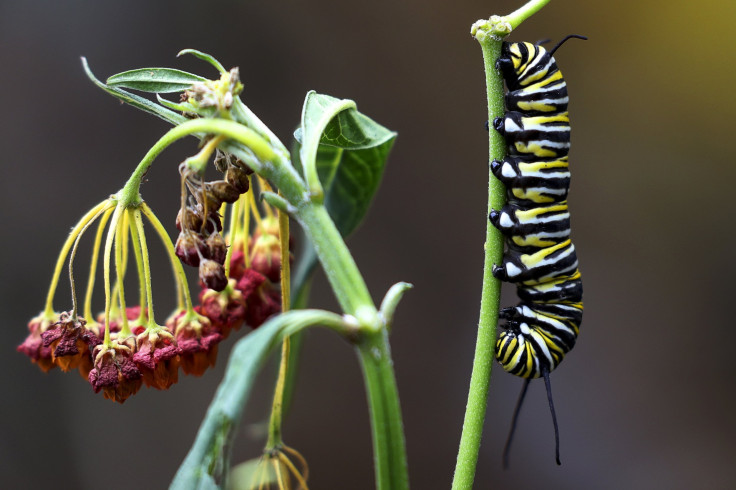Ending World Hunger: Eating Dead Caterpillars Can Cure Malnutrition In Developing Countries

Droughts, harsh winters, climate change and geopolitical disorder have given rise to acute malnutrition worldwide, with nearly 795 million people typically living in developing countries suffering from hunger. But a startup company called FasoPro may have found the key to resolving the global food crisis crawling right underneath their feet: crunchy, chewy caterpillars.
Kahitouo Hien, a University of California, Berkeley, graduate and caterpillar connoisseur, said he had been eating the insect since childhood before deciding to launch an entire business aimed at feeding the hungry with his favorite food source. Hien began harvesting caterpillars for his school’s global social venture competition, a business innovation challenge focusing on social impact, and won the $80,000 prize and award for best social startup in 2012.
By 2016, Hien made a fundamental change in how his caterpillars would be shipped to places around the world where food shortages are rampant. By drying dead caterpillars, Hien was able to pack and ship at least 30,000 packages of the crunchy meal, and is reportedly anticipating to sell nearly 100,000 in 2017. The caterpillar bags are currently being used in Burkina Faso, where 10.4 percent of the population suffers from acute malnutrition, according to the World Food Program.
Can crunchy caterpillars help tackle malnutrition in Burkina Faso? https://t.co/ENg6ZwAwps
— The Guardian (@guardian) February 17, 2017
"Caterpillars are made up of more than 60 percent protein,” Hien told The Guardian. "They are among the most nutritious foods available in Burkina Faso."
Caterpillars are high in protein, low in calories and surprisingly nutritious, despite the bug typically being left off the menu in most western and international cuisines. The furry critter is a unique treat in several African countries, including Zambia, where the residents harvest caterpillars and protect them from natural disaster and declines in population. The insect is a common delicacy for norther Zambians, who are often unable to find fresh food alternatives throughout the region, while "smoked caterpillars" won’t expire for months on end.
In Burkina Faso, caterpillars have quickly become a part of the regional food palette, being sold in markets at cheap prices across the country since locals discovered the insect worked as a nutritious substitute. It could only be a matter of time before other developing nations battling food shortages and malnutrition do the same.
© Copyright IBTimes 2025. All rights reserved.






















